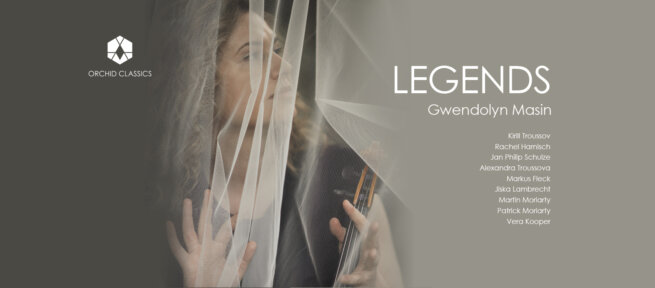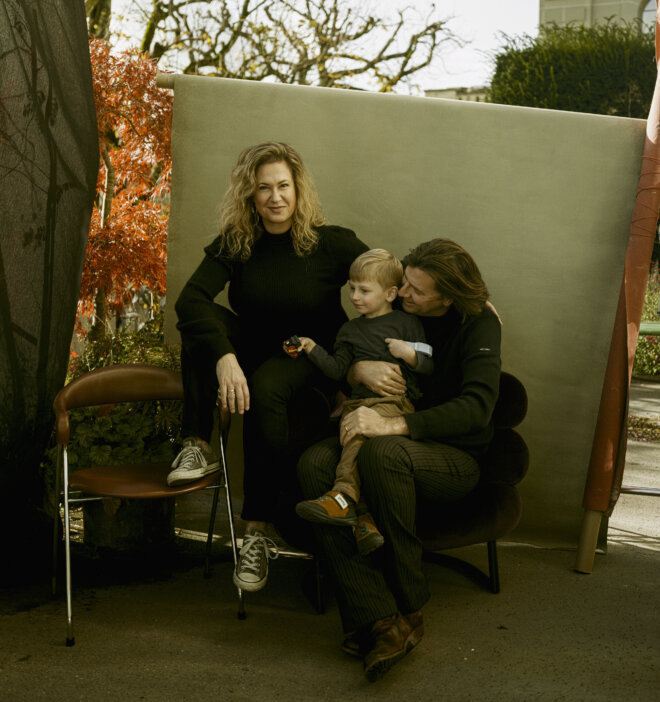
The Space Between the Notes - XXXII
Life shrinks or expands in proportion to one’s courage – Anaïs Nin
Happy new year, dear friends!
May it be kind and provide gateways to inspiration and collective ambition. Ambition to make our world safe and peaceful, our climate better, our children educated, our aging population respected, and our arts vibrant.
 Photo: Maximilian Lederer
Photo: Maximilian Lederer
THE STUFF OF LEGENDS
During a recent conversation with pianist Maria Lettberg, who recorded a Grammy-nominated disc of piano concertos by Zara Levina, our thoughts turned to women composers. Maria said something I had not considered before. Regardless of their privileges or lack thereof, there is one thing Maria feels nearly all female composers of the 18th, 19th and early 20th centuries have in common: they were not fighting (just) for creative freedom, they were struggling to avoid poverty. Unlike male composers whose efforts to gain recognition were plenty, women also had to compete with issues around their gender. This might explain why few female composers wrote symphonic works or large-scale concertos. Female composers, like Levina, were encouraged to turn to children’s pieces, to chamber music or to Lieder.
Levina managed to break the mould.
Skye Lörwald, who some of you will be familiar with from Gwendolyn's Bridge Club, touched on gendered genres for her Masters, and the criticism women received for displaying "masculine qualities" in their art, particularly when they tackled larger-scale works. She writes: "Camille Saint-Saëns, in a review of Augusta Holmès’ symphonic poem, Les Argonautes, remarked on her “excessive virility – a frequent fault with women composers – and flamboyant orchestration in which the brass explodes like fireworks …” (Myers 1967, 371). Cécile Chaminade received similar comments about her Concertstück: “We are in the presence of a work that is strong and virile, too virile perhaps” (Citron 1988, 137). Théodore Massiac in La Semaine Artistique et Musicale compared Chaminade to Holmès, stating that between the two, Chaminade “is certainly the most feminine” (Citron 1988, 139). The problem with the way women were perceived and judged comes to the fore; when two female composers are compared, it is not necessarily about who is the better composer, but who is the more feminine, conforming more to societal expectations."
On our LEGENDS recording, we elevate a female composer within the context of 120 years of composing. Irena Wieniaska, alias Poldowski, was part of a long line of outstanding composers, beginning with her father, Henryk Wieniawski, and including her uncle, Józef Wieniawski and students of her father, namely Eugène Ysaÿe and George Enescu.
Listen to the recording here.
Read more about the recording here.
Purchase a CD here.
LEGENDS is a collaborative project in partnership with GAIA Music Festival, Orchid Classics and SRF Kultur. The album features performances by soprano Rachel Harnisch, violinist Kirill Troussov, pianist Jan Philip Schulze, violist Markus Fleck, and myself.
Here’s to a music-infused 2023!
Yours,
Gwendolyn
